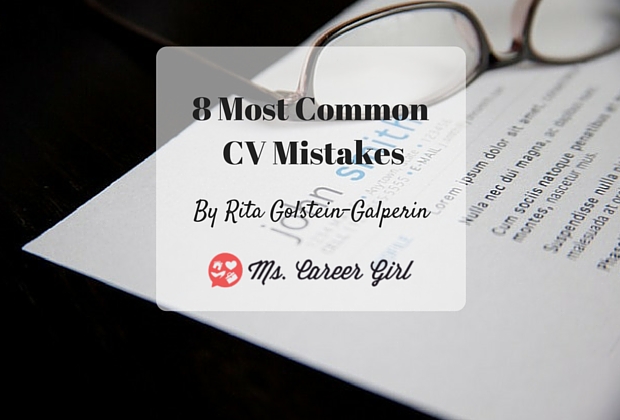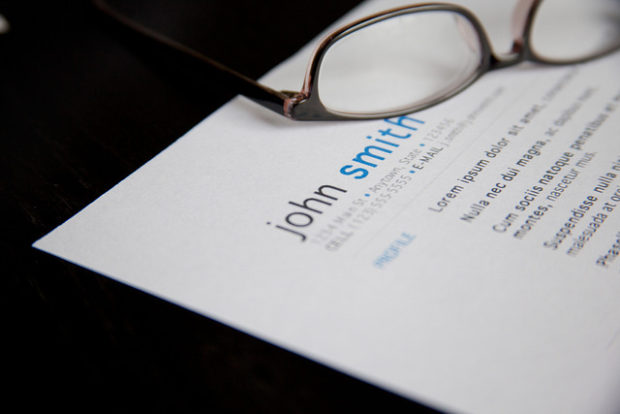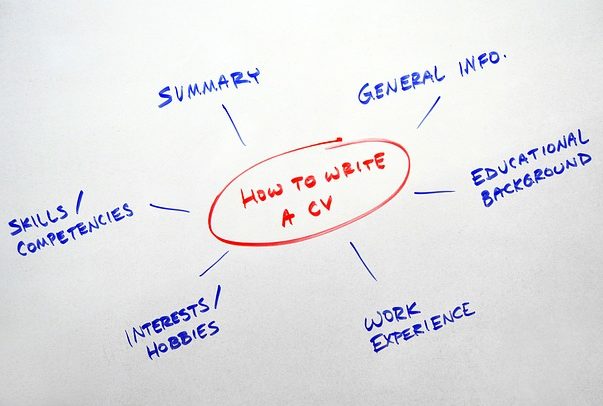Common Resume Mistakes and How to Avoid Them

In a competitive job market, all it takes is for one mistake for your resume to be discarded. With most recruiters spending little more than 5-7 seconds scanning resumes, you only get one chance to impress. If you’ve been sending out applications, but not getting any interviews, you may be thinking you’re not qualified enough or the company is no longer looking to fill the role.
But the chances are, your resume isn’t perfect and you’re making one or more of the most common resume mistakes, listed below.
Spelling and grammatical errors
No matter how impressive your accomplishments are, a typo or a grammatical error could prevent you from getting interviewed. While it’s easy to think that recruiters might overlook a small mistake, in reality, a lack of attention to detail reflects on your professionalism.
Whether you get someone else to proofread your resume or you check it yourself, editing your resume to eliminate spelling and grammatical errors is a must before sending off your application.
If you’re proofreading your resume yourself, try printing it out as you may spot more mistakes on paper than on the screen. Alternatively, you could use a spell and grammar checker like Grammarly.
Not tailoring your resume
One of the most common resume mistakes is to send a generic resume for every job you apply to. This shows the employer that you’re not particularly interested in the company or the job itself and that any job will do. It’s also a missed opportunity to demonstrate why you are uniquely qualified for the position.
Instead of sending a generic resume, check the job description and highlight speech keywords that you can include in your resume. It’s also a good idea to match your job title to the one in the job description, where possible.
Focusing on duties instead of accomplishments
When writing your resume, it can be tempting to list the tasks and responsibilities for each position. However, while it’s important for recruiters to understand what you did in each role, focusing solely on duties can mean that your resume ends up reading like a job description. Additionally, it tells hiring managers nothing about your ability to do a job well.
Rather than reeling off your job description, think about the contributions and impact you made in each role, for example, the new procedures you implemented, the sales you made, how you helped colleagues, etc.
Poor personal statement or profile
Many candidates lose their readers at the start with a poor personal statement or profile, with generic statements such as ‘accomplished and hard-working professional’. Not only is this too general, but also says nothing specific about your value proposition.
As the first paragraph recruiters will read, your personal statement should summarize your work experience, skills and accomplishments in 3-5 lines. If you’re struggling with what to write, it can be helpful to break your personal statement down into three parts: who you are, what you can offer and your career aims.
Cluttered layout
One of the first things that employers will look at is the presentation of your resume. If it is formatted badly or does not have enough white space, it can reflect badly on you and your resume will likely not be read.
You can make it skimmable by making effective use of margins, spacing and fonts. To avoid your resume looking cluttered, consider widening your margins by 0.5 to 1 inch. When it comes to spacing, it’s important to ensure the spacing between sections is consistent; in Word, you can quickly copy and paste the same formatting by using the format painter tool.
Unless you’re applying for a creative role, as a rule of fonts such as Times New Roman, Arial, Calibri and Helvetica are considered more professional and are also the easiest to read.
If you’re short on time, it’s worth considering using resume templates. As the formatting is taken care of, you won’t need to spend hours tweaking margins or adjusting bullet points.
Incorrect information
Incorrect information such as mismatching dates, out-of-date contact information or simply exaggerations about your skills and experience could all leave employers questioning your credibility. If you lack the attention to detail to provide the correct information, this tells employers that you’ll show the same level of care once you’re in the job.
Instead, take time to ensure your employment dates match up across your resume and LinkedIn profile (if you have one) and explain any gaps with a line or two about the reasons (illness, maternity leave, etc.). It’s also a good idea to make sure your contact details are up-to-date so that recruiters can easily get in touch with you.
Making your resume too long or too short
Whether you try to squeeze all your experiences onto one page or list every job you’ve held, the length of your resume could work in your favor or count against you. If it’s too long, you risk boring recruiters; if it’s too short, it looks like you don’t have enough experience.
Depending on your experience, your resume should be 1-2 A4 pages at most. For professionals with 1-10 years of experience, the standard is a one-page resume.
When writing your resume, it can be helpful to have the job description at hand to ensure that you’re only including information that addresses each criterion.
If you’re not a recent graduate, it’s fine to omit summer jobs, hobbies and interests, internships and older jobs from your resume, unless they’re relevant to the job you’re applying for.
The key is to communicate your value as succinctly and as clearly as possible to impress recruiters in the first few vital seconds.




